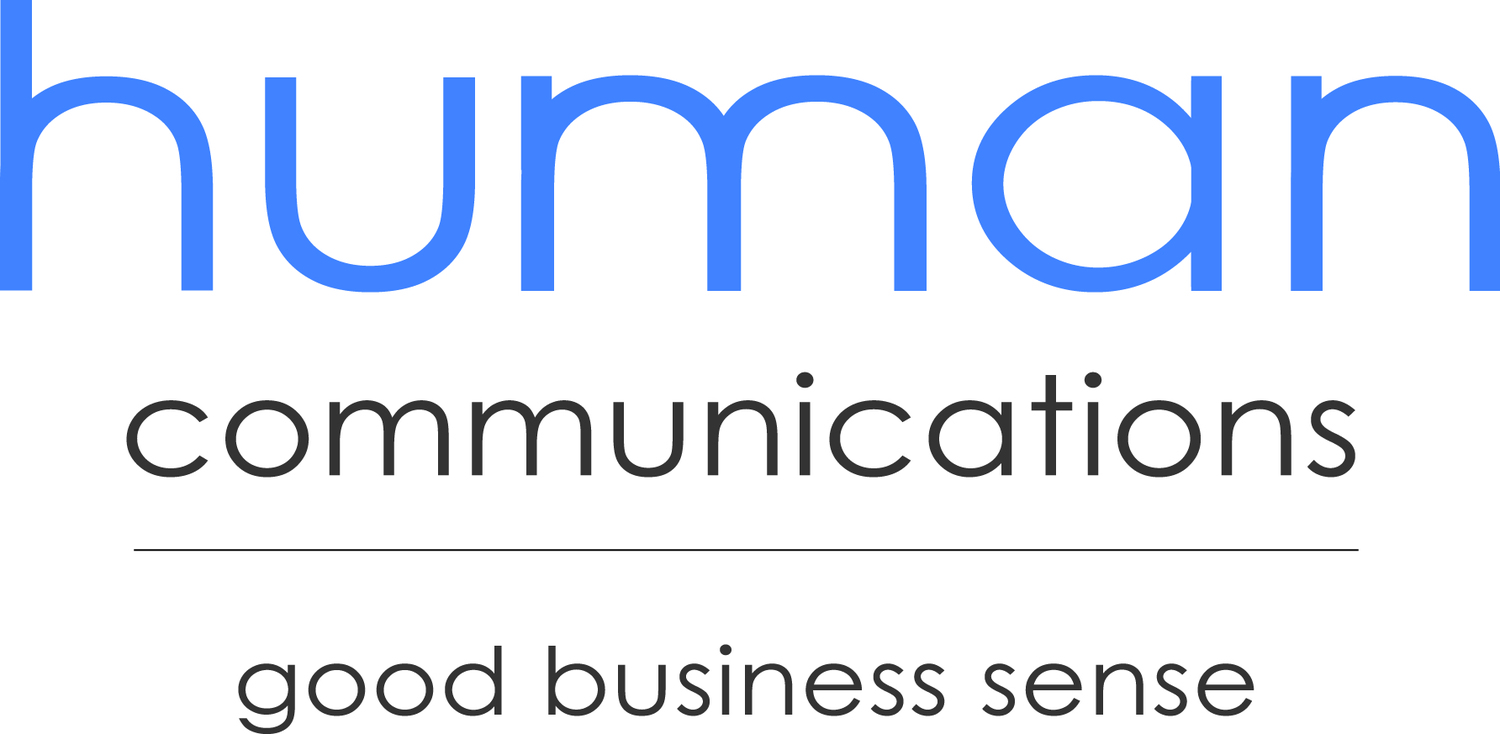New Scrabble words published – but will they translate to the boardroom?
If you’re a Scrabble fan, you may be delighted to hear that the latest version of the board game’s ‘bible’ – Collins Official Scrabble Words – has just grown by 6,500 words, reflecting changes in the way language is used.
But how helpful are these new phrases going to be next time you’re drafting a business report? We take a look at what’s changed, and whether the new additions will translate from the board game to the boardroom.
Where do the new words come from?
The new word list incorporates foreign words that have evolved to become part of English (like ensuite) as well as words that have no English equivalent (like ryu, a Japanese school of martial arts).
The list has also been influenced by social media (lol – and its plural, lolz), modern culture (vape), new technology (FaceTime, emoji) and food (moile, a type of rice pudding). Among the slang words added are terms such as bezzy (best friend) and faffy (awkward and time-consuming).
The additions also include dialect words like sho (sure) and wuz (was), as well as jargon words like reorg (short for reorganise), locavore (someone who eats only local produce) and ecozone.
How useful are they for business?
Like most languages, English is continuously evolving. The new additions to the list show how quickly globalisation, new technology and social media are introducing us to new vocabulary.
Social media is also giving lexicographers easy access to slang terms that would previously have been limited to personal communications. But although words such as Jeeze and lolz might help you to win on the Scrabble board, they’re probably less useful in the workplace.
As always, the best rule of thumb is to make sure you use language that will be easily understood by your audience. Whether you’re writing to a customer or collaborating with colleagues on a business report, you’ll communicate your message most effectively if you stick to clear and unambiguous language, avoid jargon and explain any terms that are likely to be unfamiliar to the reader.
And, it’s fair to say, if you try to pull the wool over your finance director’s eyes by explaining that your team made an ‘eensier’ (even smaller) contribution this quarter, you may be called in for some face time – of the old-fashioned variety…
An ABC of some of the new inclusions … and their definitions
- AJI – a spicy pepper
- BOBO – a well-to-do person with bohemian values who leads a bourgeois life
- CAZH – slang for casual
- DENCH - excellent
- EENSY – very small
- FOODOIR – a book or blog that combines a personal memoir with a series of recipes
- GIF – a type of computer image
- HMMM – an interjection expressing thoughtful consideration
- IMPRO – short for improvisation
- JEEZE – an interjection expressing consternation
- KAPU – a Hawaiian set of rules for daily life
- LOLZ - amusement derived from mischievous or provocative behaviour on the Internet
- MUZAK – piped background music
- NYM – a dispute about the right to publish material on the Internet
- ONESIE – a loose-fitting one-piece garment worn for lounging
- SHOUTOUT – a public greeting, especially broadcast over the TV or radio
- ROASTIE – a roast potato
- THANX – text speak for thank you
- UNDOS – plural of undo, a computer feature that allows you to reverse the effect of the last action
- VAPE – to inhale nicotine vapour from an electronic cigarette
- WASM – an obsolete belief
- XED – to delete or cross out
- YEOW – interjection expressing pain or shock
- ZUPPA – a kind of fish soup

